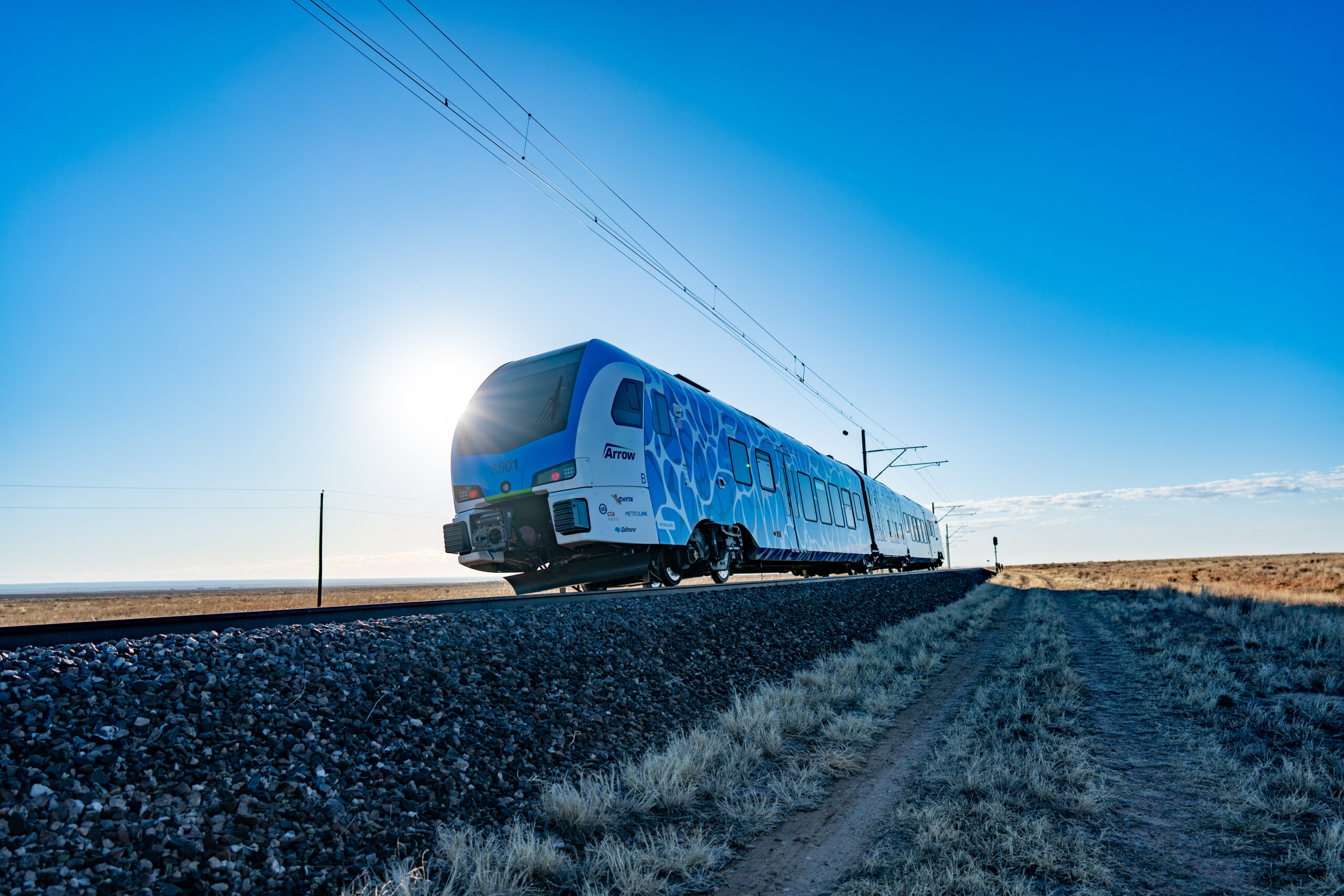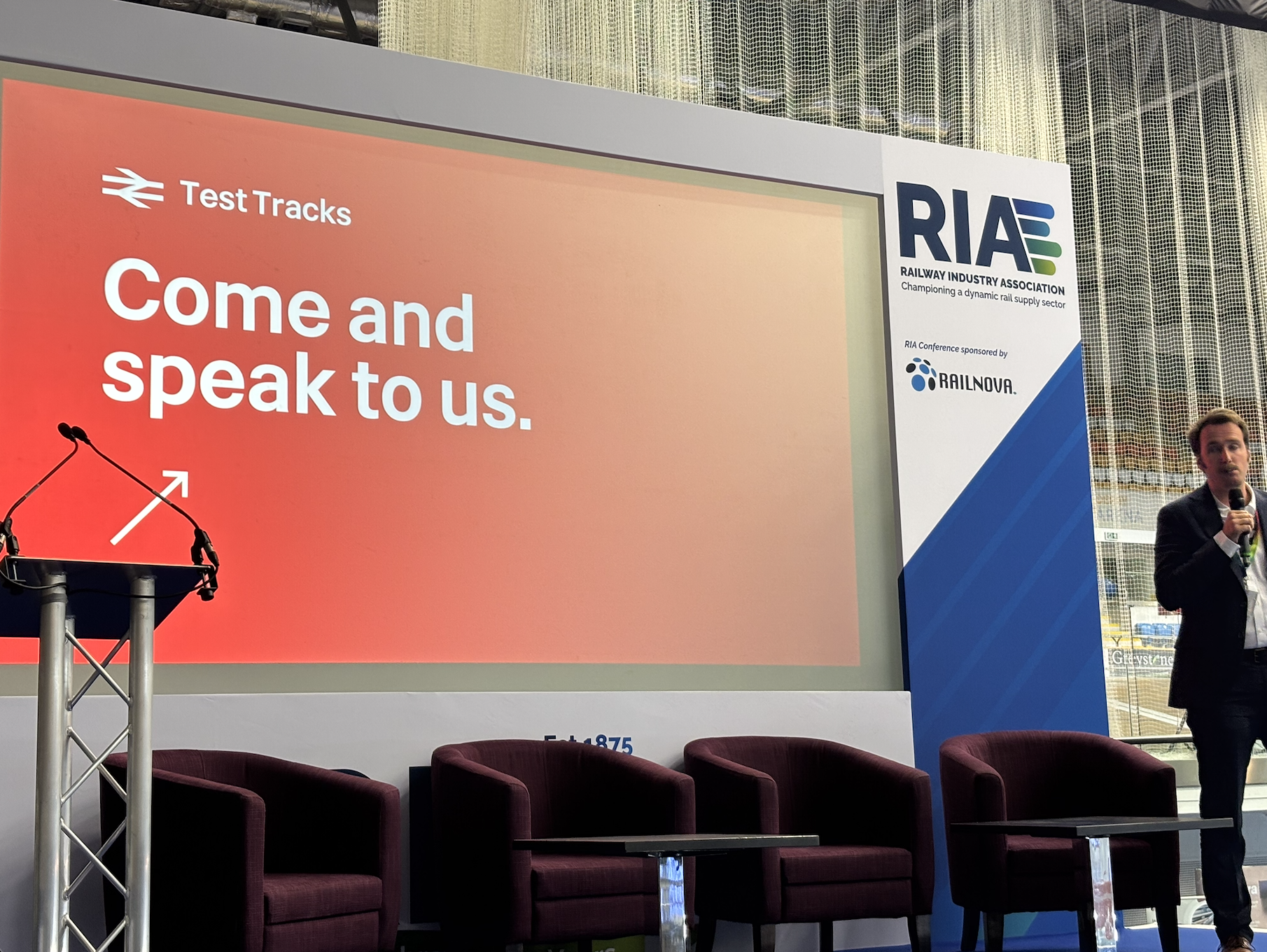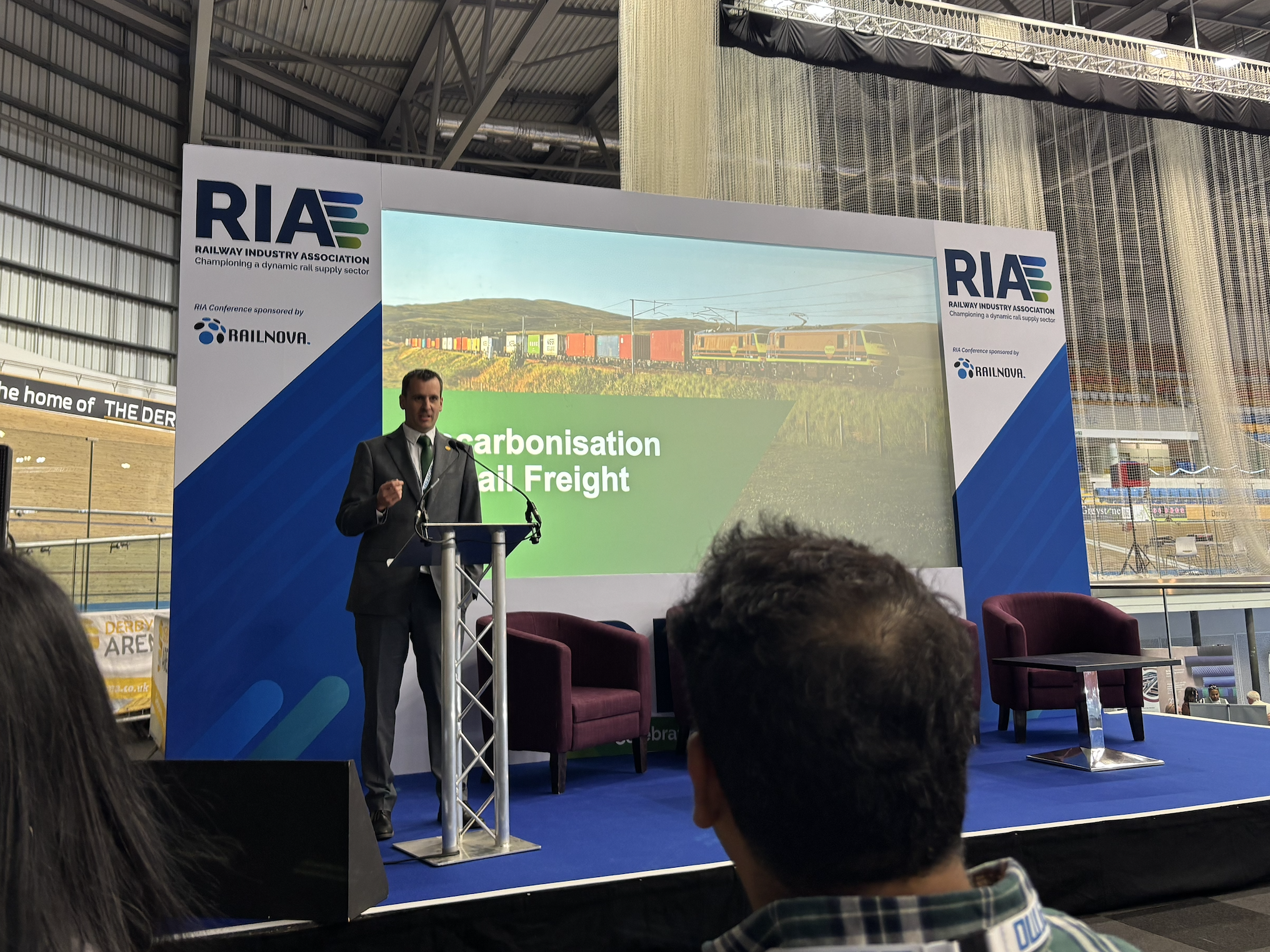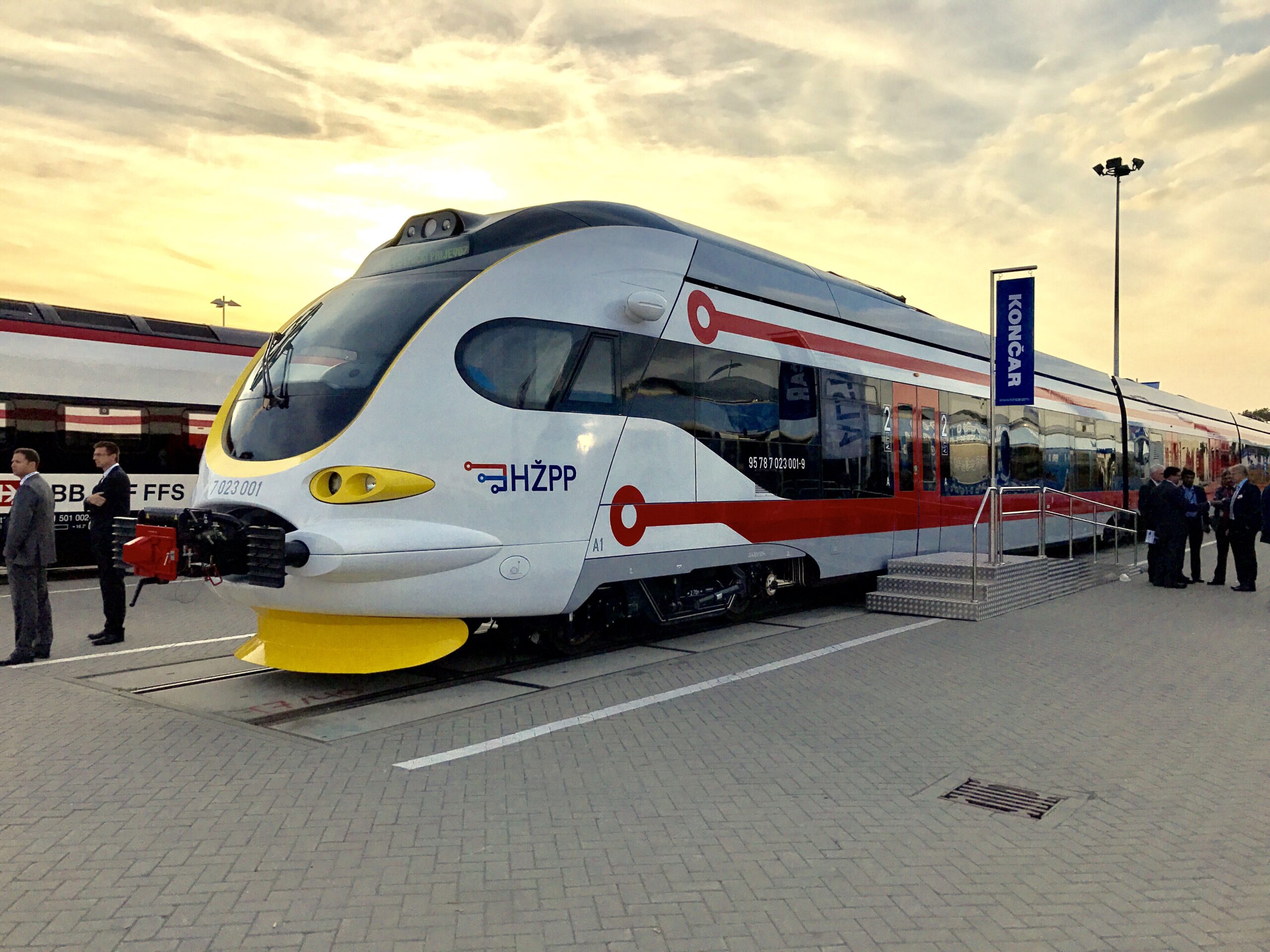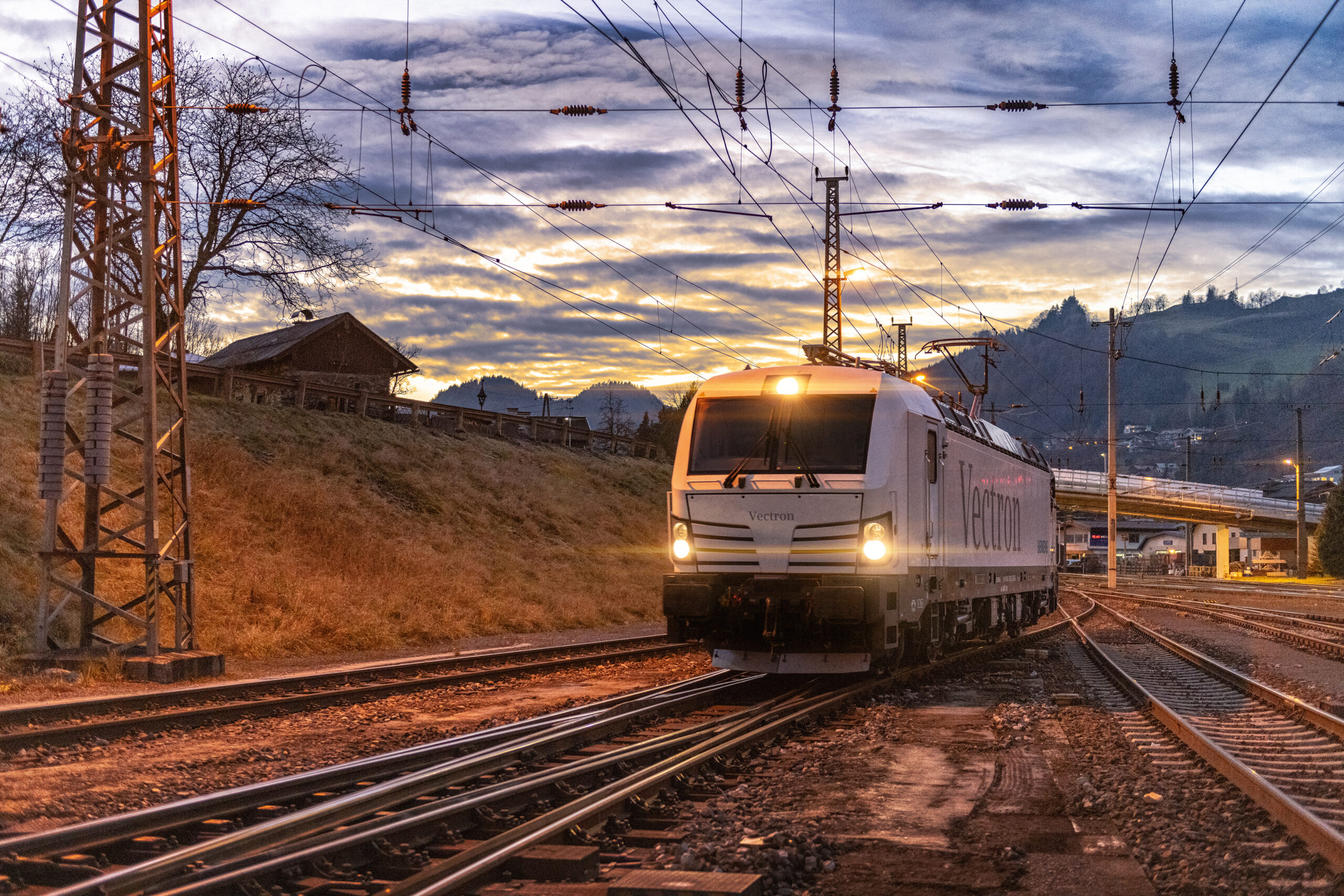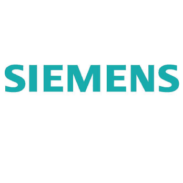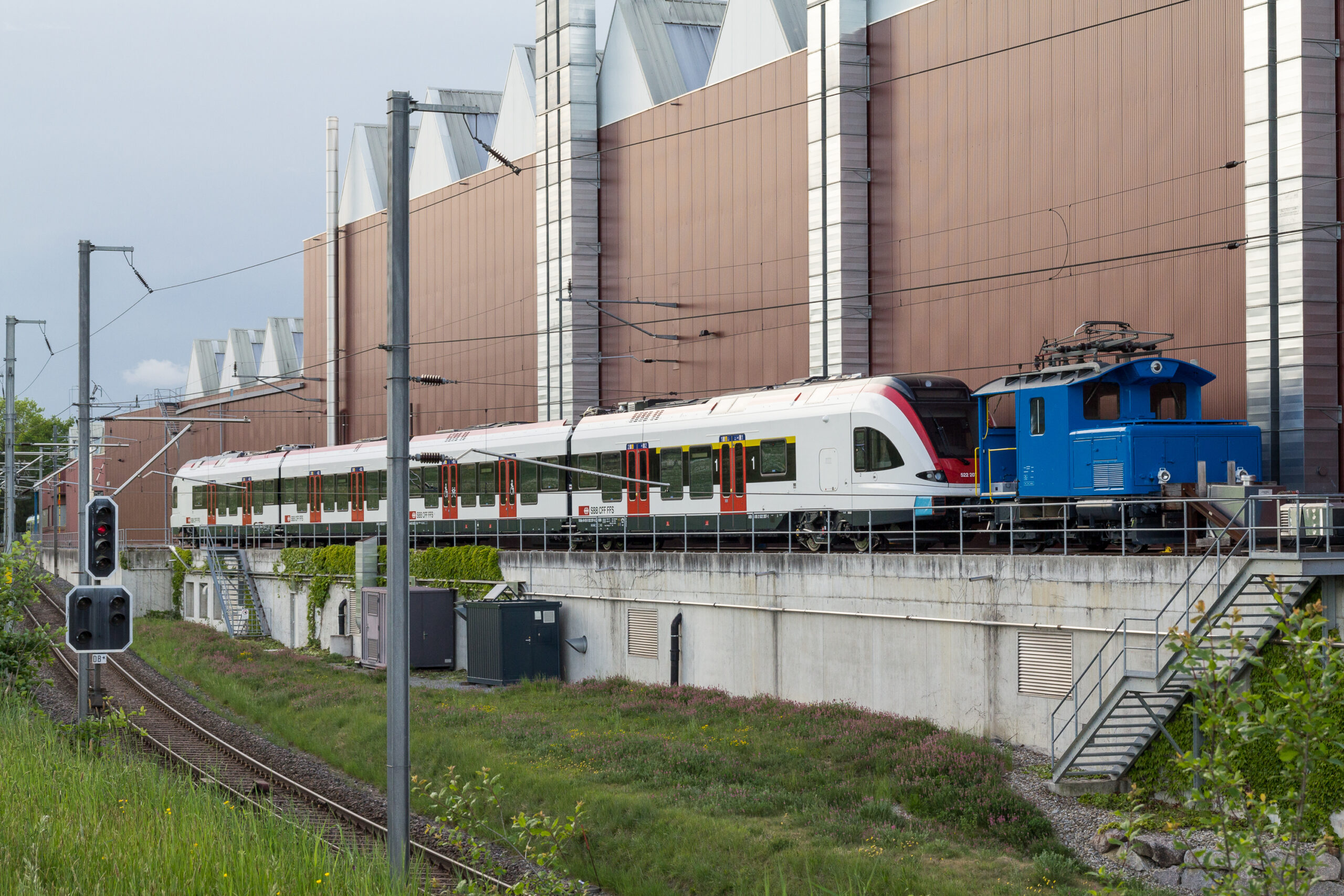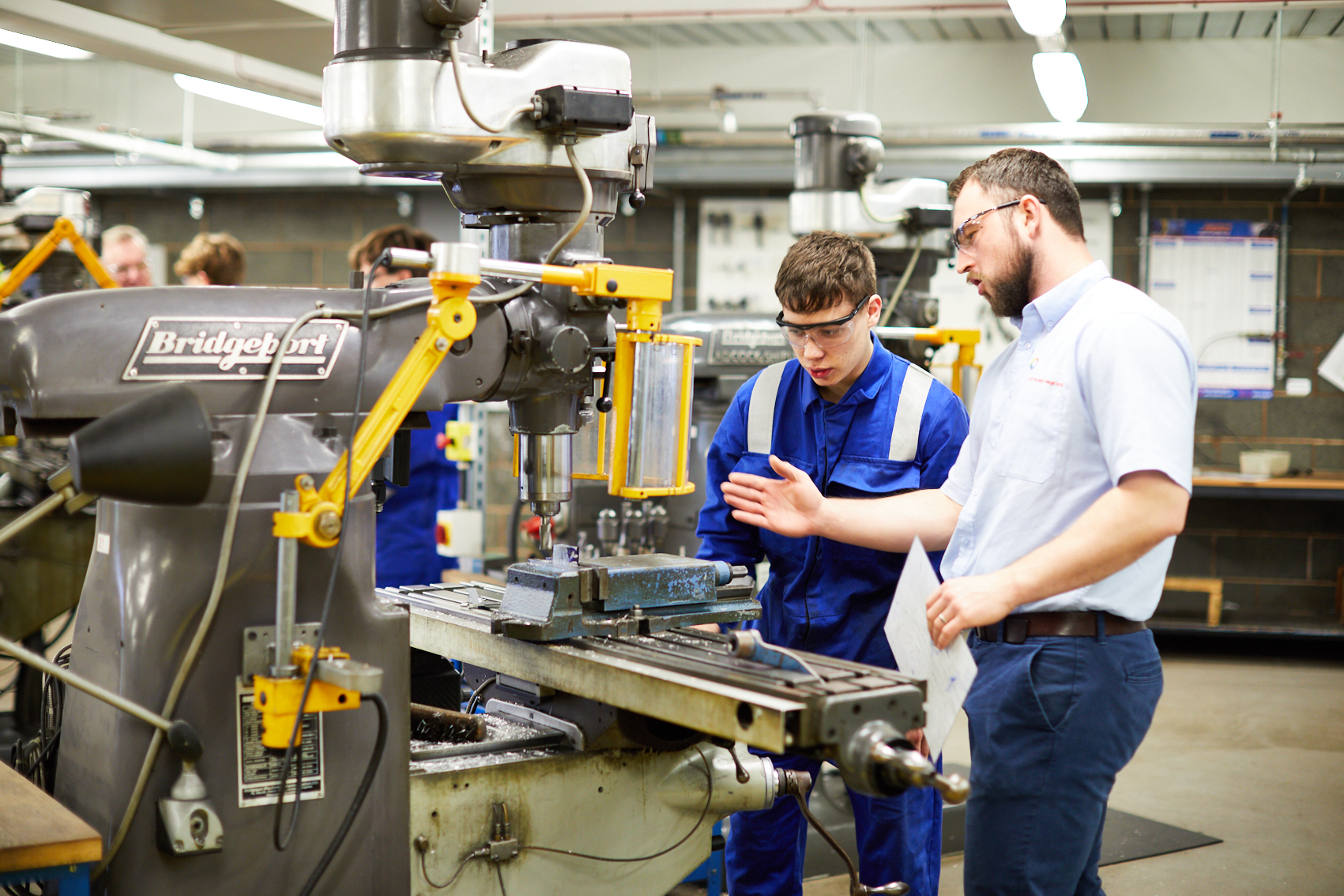By Monica Barbosa, Director of Business Development and Communications at Xrail Group
HS2 will be the most crucial project in terms of capacity, joining up the UK and as a driver of economic growth that Britain and the UK rail industry has ever seen. We are all proud to see that HS2 is moving into delivery creating thousands of jobs and billions of pounds of GVA around the country.
For every pound currently spent on rail, over £2.20 of income is generated in the wider economy. This means that when HS2 Phase 1 from London to Birmingham is completed, not only will we radically improve connectivity across the UK, but the whole economy will benefit too.
However, the rail industry should stress how important SMEs are in the successful delivery of the HS2 project. SMEs add considerable value to the supply chain – this can be seen in all of our past major rail projects.
An SME has more flexibility, greater knowledge of the local area and the most important factor which they add is not only our willingness, but also ability to innovate. Innovation does not simply mean the new and exciting technology that they create to improve our businesses, but also innovation through their people.
In the rail industry SMEs innovate in several ways in which larger companies are unable to do so. The innovative products and practices created and deployed by our UK SMEs give not only clear business benefits, but it helps to improve performance, reduce the costs and provides the general public with a better service.
There is no denying that as an industry in the UK we have already come a long way, but we all recognise there is more we can do. The only way we can deliver HS2 that meets the demands of passengers across the country has to be smarter and more efficient. And one of the ways that we can do this is by working with SMEs to foster a culture of innovation.
There is however a significant barrier to innovation, this is the fragmented nature of the industry. Innovation often requires strong collaboration between different stakeholders; SMEs, Universities and larger companies. All of this is intensified by the ‘boom and bust’ in workload, meaning that suppliers often do not have the assurance to invest for the long term.
The UK SMEs have world-class capabilities in delivering complex rail projects on time and to budget if they are given the opportunity. One example of such a success story is Xrail Group, a UK-based SME that delivers end-to-end engineering solutions and services, from highly specialised consulting to turnkey project delivery. Xrail has shown how important of a role an SME can play in the success of its delivery and Xrail is now delivering major projects aboard. For example, it won a long-term maintenance contract in Saudi Arabia on the Haramain High-Speed Railway.
With regards to HS2, Xrail is involved in delivering the enabling works at Euston under a contract with Colas Rail. The 900 million GBP enabling works contracts that will prepare the route for civil works, cover all of Phase 1 and the connection to the West Coast Main Line at Handsacre.
This is just one of many examples of the value SMEs add to the supply chain if given the opportunity to do so. In order to ensure the successful delivery of the HS2 project, it is essential that it takes full advantage of using SMEs to provide greater flexibility and willingness and ability to innovate from their wealth of knowledge and experience from projects within the UK and internationally, where these types of railway projects have been deployed and lessons can be learned.

















